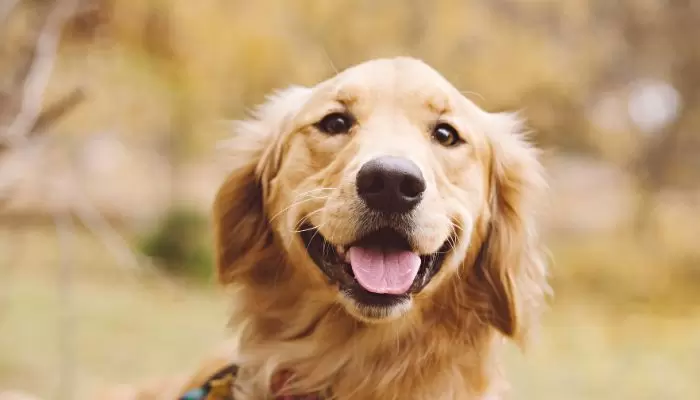
All puppies go through a teething phase, but for golden retrievers, this can be a particularly trying time.
Not only do they have a lot of teeth to lose, but they’re also notoriously mouthy, which means they’re constantly putting their mouths on things – including you! – which can be painful. So, when does this phase end?
When do golden retriever puppies stop teething?
Puppies stop teething at around seven months of age.
During the teething phase, your puppy will probably drool more, chew on things more frequently (and with greater intensity), and may have some diarrhea or soft stools.
You can give your pup a chilled rubber bone or another toy to chew on; this will help soothe his gums and provide some relief from the pain.
If your dog is experiencing significant discomfort, you can speak to your veterinarian about giving him an over-the-counter pain reliever specifically for dogs.
Some puppies will start to lose their baby teeth as early as 3 months old, while others may not start until they’re 6 months old. And, unfortunately, there’s no way to predict when your puppy will be done teething. However, there are some general signs that you can look for that will let you know that your pup is getting close.
These include:
- Chewing on toys and bones more frequently
- Less interest in chewing on fingers and toes
- Fewer bouts of crying and whining
- Sleeping through the night without waking up to chew on something
If you notice any of these signs, it’s a good indication that your puppy is close to being done teething. However, even after they’ve lost all of their baby teeth, they may still mouth things from time to time – it’s just their way of exploring the world! – so don’t be surprised if they still try to chew on your fingers or toes every once in a while.
Conclusion:
Teething is a trying time for both puppies and their owners. If you have a golden retriever puppy, you can expect them to start losing their baby teeth around 3-6 months old.
However, there’s no way to predict exactly when your puppy will be done teething.
Keep an eye out for signs that your pup is getting close, such as chewing on toys and bones more frequently, less interest in chewing on fingers and toes, fewer bouts of crying and whining, and sleeping through the night without waking up to chew on something.
And remember – even after they’ve lost all of their baby teeth, they may still mouth things from time to time!
